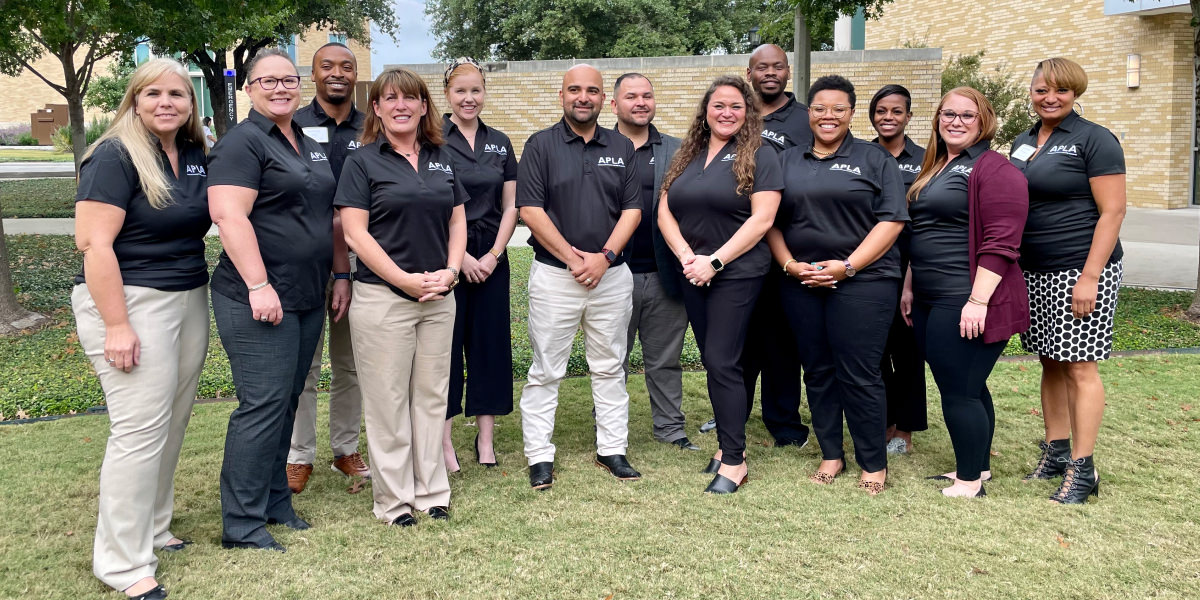The TCU College of Education, currently gearing up to celebrate its 100th anniversary, received a $200,000 grant from the Fort Worth Education Partnership to support recruitment for the Maestro program and to conduct a program evaluation of the Assistant Principal Leadership Academy.
The Maestro program began in 2021 to address a shortage of Hispanic male teachers in Texas classrooms. Along with purposefully recruiting more Latino men into the teaching career, the Maestro program prepares young men to become experts in learning by scientific design, exposes them to global/intercultural experiences and connects them with professional development and mentorship with in-service Latino male teachers.
 “Maestro is the Spanish language word for ‘teacher’ and a respectful, endearing title
to earn,” said Steve Przymus, associate professor of bilingual education and educational
linguistics. “In the dictionary, Maestro is defined as ‘a great or distinguished figure
in any sphere.’ At the TCU College of Education, we like to add ‘in other words…a
teacher,’ to this definition.”
“Maestro is the Spanish language word for ‘teacher’ and a respectful, endearing title
to earn,” said Steve Przymus, associate professor of bilingual education and educational
linguistics. “In the dictionary, Maestro is defined as ‘a great or distinguished figure
in any sphere.’ At the TCU College of Education, we like to add ‘in other words…a
teacher,’ to this definition.”
Through the grant, the program aims to increase the number of Maestros to at least 10 per year.
“This grant will allow us to build awareness about the Maestro program in the community and will facilitate offering programming to these Maestros that will prepare them to be that distinguished/influential figure that reflects onto Latinx students in classrooms across Texas,” Przymus said.
The Assistant Principal Leadership Academy is a partnership between the College of Education, Neeley School of Business, Kelefors Education Partners and Fort Worth Independent School District that serves to build a leadership bench for the district. The program aims to effectively select a strong cohort of assistant principals each year to engage in the APLA. Through eight full-day sessions, participants learn, practice, and apply five competencies: values-based and purpose-driven leadership, executive leadership, interpersonal leadership, systems leadership, and adaptive leadership. This ultimately leads to assistant principals in Fort Worth ISD improving as leaders, receiving principal roles, and impacting their school outcomes, particularly for traditionally marginalized students.
“The grant for an external evaluation of the Assistant Principal Leadership Academy is meaningful in several ways,” said Miriam Ezzani, associate professor of educational leadership and program coordinator. “It will provide a fresh perspective on the work and assist us in program improvement, such as fortifying the partnership and improving the design, implementation, and outcomes. Most importantly, we hope the outcomes will demonstrate how the sustainability and scalability of the APLA could have a broader impact on leadership in the region.”
The Fort Worth Education Partnership is a local nonprofit that supports the launch and growth of high-quality schools and partners with local leaders to create better public school systems in Fort Worth.
